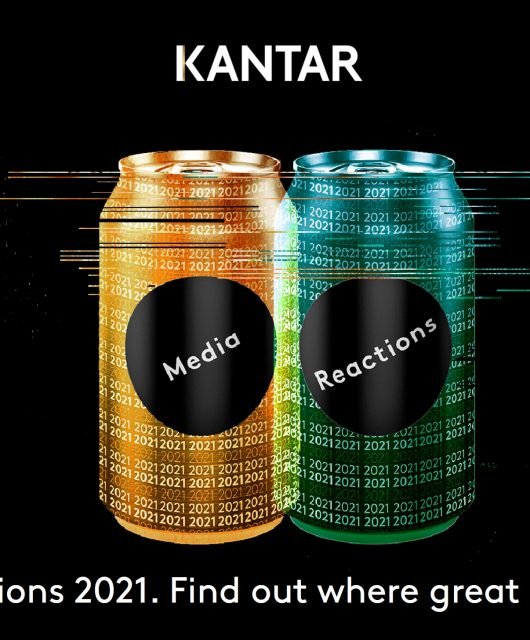Surviving Workplace Dialectic, By Sally El Akkad
An eye on dialectical relationship between burnout & engagement

The stigma around mental health at workplace is infinite, the workload can be huge for prolonged periods and the politics can be absolutely draining. Thus, no wonder that many companies are talking about their wellbeing programs to attract talents and ensure the absorption of the workplace stress, in nutshell avoid employee’s burnout & reinforce their engagement levels
Wellbeing is a concept drawn upon by the World Health Organisation (WHO) in its definition of health as “not merely freedom from disease, but also a state of fulfilment – physically, emotionally, economically and in social relations”
Do we just work because we need money? No!
There are a lot of reasons behind waking up every morning to perform our work duties… In terms of the intrinsic value of work, research shows that an ‘employed’ status is beneficial in that it fosters positive self-image. In her thesis on New Zealand Women’s career experiences through mental illness, Annie Southern quotes Neff (2006) that “to be able to work in a work-oriented society is to be ‘like’ others … unemployment can only exacerbate feelings of worthlessness and low self-esteem”. Additional research has found that work can facilitate wellbeing by providing identity outside of the family unit, enhancing positive self-concept, feelings of mastery through acquiring new skills, feeling of being ‘normal,’ and increasing confidence
A further component of employment’s potential detriment to mental health, well-being is workers’ experiences of alienation. In his book which looks at work and sickness, Paul Bellaby discusses the way in which jobs can accentuate certain qualities of the body and mind, but can also depreciate others, A participant from one of the qualitative interviews quoted
You hardly talk to anyone. You have no idea what is happening around you – and you lose touch with what is happening in the world. After a while it gets so that you have no conversation, and when you go out socially you do not know what to say – eventually you lose all your self-confidence. (Bellaby)
This kind of comments can be witnessed around us, specially in roles in which an employee does a small piece of the whole work- imagine a puzzle where each person is responsible for a section and misses the big picture-, thus with time he/she lacks the bigger vision & misses the purpose of what and why he/she is doing it, leading to lack of motivation. That is why it is essential to keep reminding employees with the purpose of their work and the value they bring to the enterprise
Can we want to repulse from the same thing? Yes, why not! We can even burn from desire!
Dialectical theory is founded on the idea that paired opposites (also referred to as contradictions) are essential to change and growth within and between individuals (Baxter, 1990)
Contradictions are inherent in life and are the basic drivers of change (Baxter & Montgomery, 1996). While contradiction drives change, it is important to emphasize that this concept specifically refers to the pairing of two opposing constructs and how they interact. In dialectical theory, contradiction is a technical term referring to “the dynamic interplay between unified oppositions” (Baxter, 1990, p. 8).
Let me make things simpler with a classical example: we love our parents/spouse/ kids and want them around, but we need our personal space as well. “some ME time” similar concept applies at workplace; we love to engage at work, but we do not want to burnout. Dialectics can be used to further elaborate on the role of resources and demands that act on burnout and engagement
This controversy sheds light on 2 important attributes with dialectical relationships where the nature of the relationship between burnout and engagement continues to be debated (Cole et al., 2012, Maslach and Leiter, 2008). Burnout includes three primary symptoms: Basis Maslach, 1982, Maslach and Jackson, 1981)
- Emotional exhaustion (feeling emotionally overwhelmed by one’s work)
- Depersonalization (also known as cynicism or disengagement, defined as detachment or indifference from others at work)
- Reduced personal accomplishment (also referred to as professional efficacy, which is the tendency to evaluate one’s efforts and achievements negatively
Engagement is a work-related state denoted by positive emotional attachment to work and basis (Hallberg and Schaufeli, 2006, Maslach et al., 1996, Schaufeli et al., 2002)). is composed of;
- Vigor (described as high levels of mental fortitude and energy during work),
- Dedication (a sense of significance and enthusiasm for work),
- Absorption (maintaining full concentration and being deeply engrossed in work
The link between burnout and engagement is complex; both constructs have been shown to independently influence employee behavior and interactions, including absenteeism, and performance (Halbesleben et al., 2009, Harter et al., 2002, Hoxsey, 2010).
An individual’s levels of state burnout and state work engagement can fluctuate within the span of a single work-day (Dalal et al., 2008, Maslach et al., 2001, Schaufeli and Taris, 2005, Sonnentag et al., 2010, Sonnentag, 2003), implying that these forces remain in a state of constant flux that result in unique outcomes. The polarizing properties of burnout and engagement are apparent in actions such as presenteeism, where an individual may be mentally exhausted, sick, or otherwise burned out but still engages in his or her work (Admasachew & Dawson, 2011).
Additional examples would be purposefully working to exhaustion or neglecting one’s own needs to prove oneself, which are characteristic behaviors of highly ambitious individuals (Freudenberger, 1974). highly ambitious employees that are very engaged may overwork themselves to burnout, despite recognizing the need to pull back (Freudenberger, 1974)
Having said that, bringing up radical change to the way we do work! as companies support the mental health and aid the wellbeing of employees overall, No wonder that globally the companies witness quite quitting and non-bizarre that post pandemic the workers started to feel the importance of their work life balance and demanding fair pay vs job deliverables, calling for hybrid work conditions & even mental health days… we spend ample time of our lives working, and it would be humanistic to work in conditions that allows not only paying bills but also self-fulfillment & value contribution. Afterall; Purpose makes us humans!





